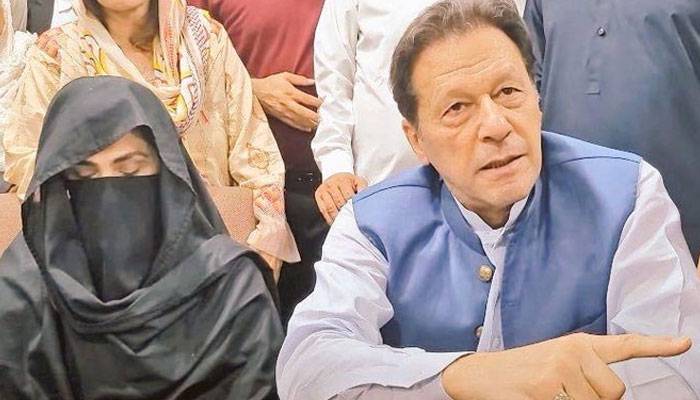New farm laws to herald new era in Indian agriculture: Tomar
Wed 23 Dec 2020, 10:31:52
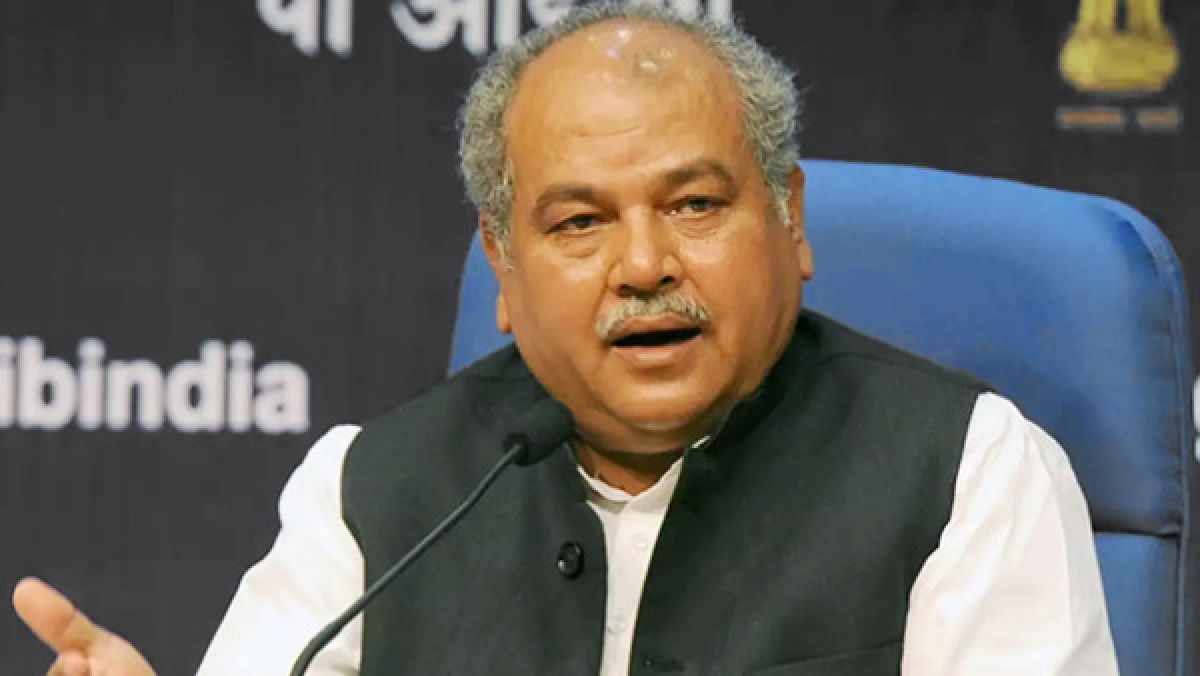
New Delhi: Asserting that the new farm reform laws will herald a new era in Indian farming, Agriculture Minister Narendra Singh Tomar on Tuesday said the government is still willing to continue talks with protesting unions on all contentious issues.
The minister said the agriculture sector is the backbone of the Indian economy and the Narendra Modi government is focusing on doubling farmer's income by 2022.
He was interacting with members of international media from the Foreign Correspondents' Club of South Asia.
"The minister reiterated that reforms have been made in the interest of farmers and will bring about a new era in Indian agriculture. The Government has had many rounds of talks with farmer unions and is willing to continue the dialogue on contentious issues, clause by clause, with an open mind," an official statement said.
Tomar, along with Food Minister Piyush Goyal and Minister of State for Commerce Som Parkash, is holding discussions with 40 protesting unions.
Five rounds of formal talks between the government and these unions have failed to break the deadlock as farmers are insisting on the repeal of the three laws and are camping at various border points of Delhi for nearly four weeks now.
On Sunday, the Agriculture Ministry wrote a letter to farmer unions to choose a convenient date for the next round of talks so that the ongoing agitation could end at the earliest. It also asked them to specify their concerns over the government's proposal for amendments in the new agri laws.
Tomar described the Farmers Produce Trade and Commerce (Promotion and Facilitation) Act 2020, Farmers (Empowerment and Protection) Agreement on Price Assurance and Farm Services Act 2020 and the Essential Commodities Amendment Act 2020 as the biggest agricultural reforms in the country so far.
These reforms will provide farmers market freedom, encourage entrepreneurship, access to technology and
transform agriculture, he said.
transform agriculture, he said.
Tomar said India, being is a large democracy, functions on the principle of 'Sabka Saath, Sabka Vikas, Sabka Vishwas'.
During the interaction, officials of the Agriculture Ministry explained in detail the provisions under the Farm Acts and how they will benefit the farmers and lead to the betterment of Indian agriculture in the new ecosystem.
Tomar said enacting these laws was not an "overnight decision" but it has gone through more than two decades of deliberations, suggested by numerous experts and recommendations by varied committees/groups.
"Regarding the MSP, the minister said that the MSP is an administrative decision and it will continue," the statement said.
Tomar said the government has shown its commitment to MSP very clearly with multiple hikes and a multi-fold increase in procurement, including in the 2020-21 Kharif marketing season.
The MSP has been hiked based on the formula that farmers will get at least 1.5 times the cost of production, he said, adding that "this was a promise made and delivered."
The agriculture minister highlighted the various measures and reforms undertaken by the government during the last six years.
The Pradhan Mantri Kisan Samman Nidhi (PM-KISAN) was introduced by the central government in February 2019 under which Rs 6,000 per year is transferred to the beneficiary farmer's account per year in three installments. Since the inception of the scheme, a total amount of Rs 95,979 crore has been released so far and 10.59 crore farmer families have benefitted, the statement said.
Stating that Indian agriculture has come a long way from food scarcity to food surplus, Tomar said the government realised that pro-farmers reforms were essential to uplift the sector. Every effort is being made to create an ecosystem of farmer-friendly policies to see that the sector goes from strength to strength.
No Comments For This Post, Be first to write a Comment.
Most viewed from National
Most viewed from World
AIMIM News
Asaduddin Owaisi questions PM Modi's China policy
Jan 08, 2025
Owaisi slams UP over police post near Sambhal mosque
Dec 31, 2024
Owaisi hails SC order on Places of Worship Act
Dec 13, 2024
AAP Corporator Tahir Hussain joins AIMIM party
Dec 11, 2024
Latest Urdu News
Most Viewed
May 26, 2020
Which political party will win the Delhi Assembly polls to be held on Feb 5?
Latest Videos View All
Like Us
Home
About Us
Advertise With Us
All Polls
Epaper Archives
Privacy Policy
Contact Us
Download Etemaad App
© 2025 Etemaad Daily News, All Rights Reserved.

.jpg)
.jpg)
.jpg)
.jpg)
.jpg)
.jpg)
.jpg)
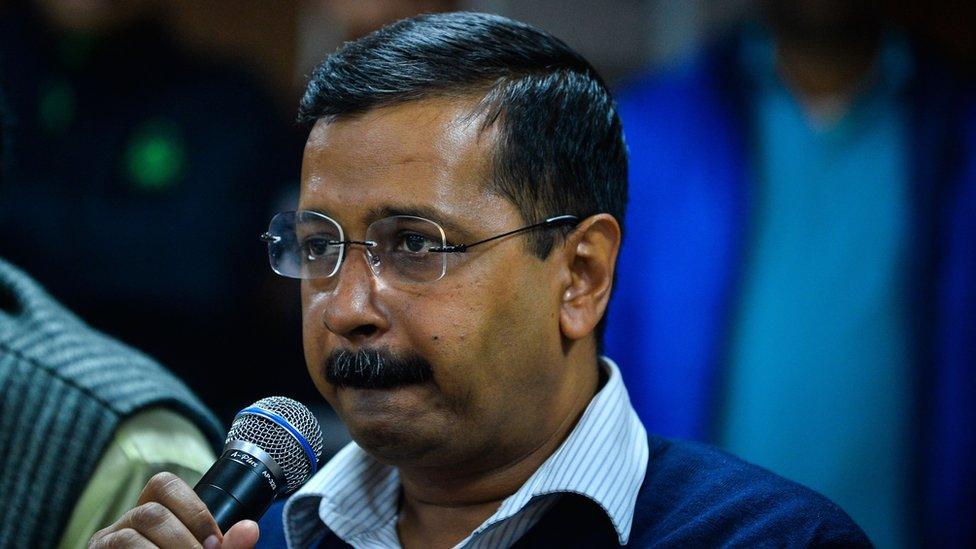

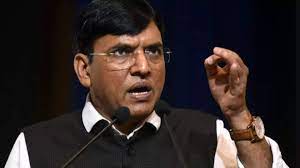
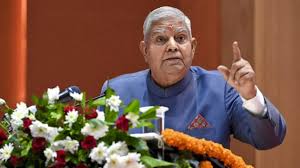
.jpg)
.jpg)
.jpg)
.jpg)
.jpg)

.jpg)
.jpg)
.jpg)

.jpg)
